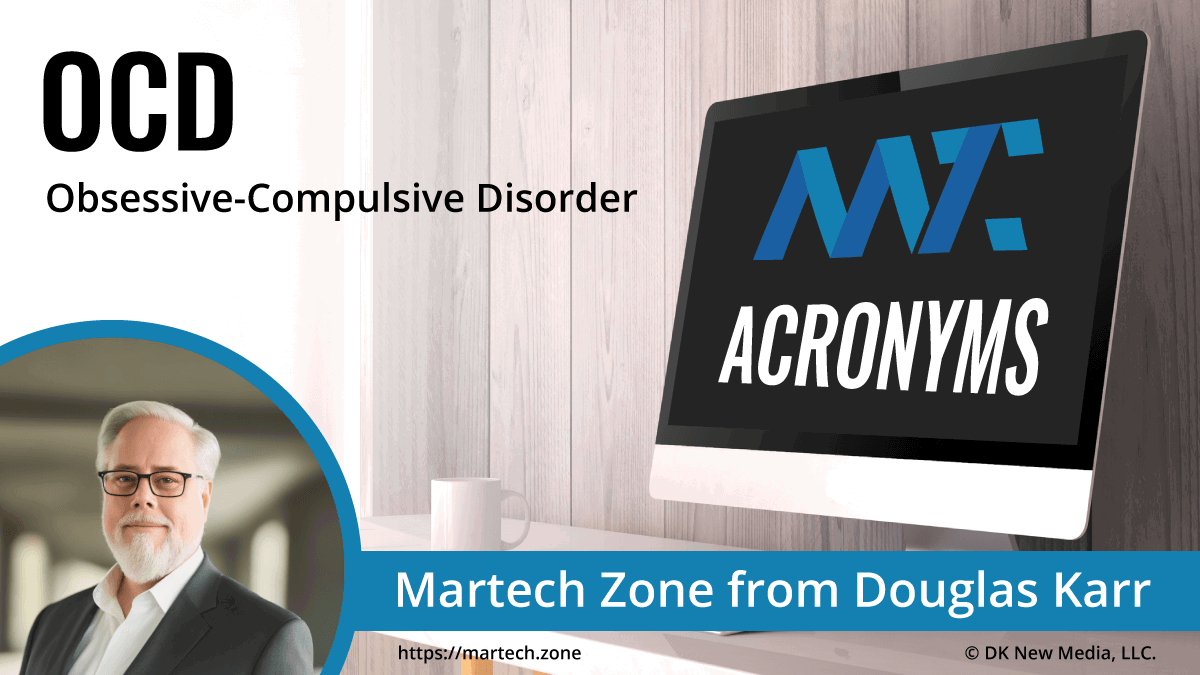Obsessive-Compulsive Disorder is a mental health condition that involves persistent, unwanted thoughts (obsessions) and repetitive behaviors or mental rituals (compulsions). These behaviors are performed to reduce distress or prevent a feared outcome but often provide only temporary relief. The condition can interfere with daily life, relationships, and overall well-being. Symptoms include:
- Obsessions: Intrusive thoughts or fears, such as concerns about cleanliness, harm, or needing things in perfect order.
- Compulsions: Repetitive actions like excessive washing, checking, counting, or arranging objects to ease anxiety.
OCD Causes and Diagnosis
The exact cause is unknown but likely involves genetics, brain function, and environmental factors. Stress or traumatic events can trigger or worsen symptoms. A mental health professional diagnoses the condition by assessing the severity of obsessive thoughts and compulsive behaviors and their impact on daily life. Treatment includes:
- Therapy: Cognitive and behavioral techniques are highly effective, especially gradual exposure to fears while resisting compulsions.
- Medication: Certain antidepressants can help manage symptoms in moderate to severe cases.
- Lifestyle Strategies: Stress management, mindfulness, and support from family or therapy groups can improve coping.
With proper treatment, many individuals experience relief from symptoms and lead fulfilling lives. Early intervention and consistent management improve long-term outcomes.
